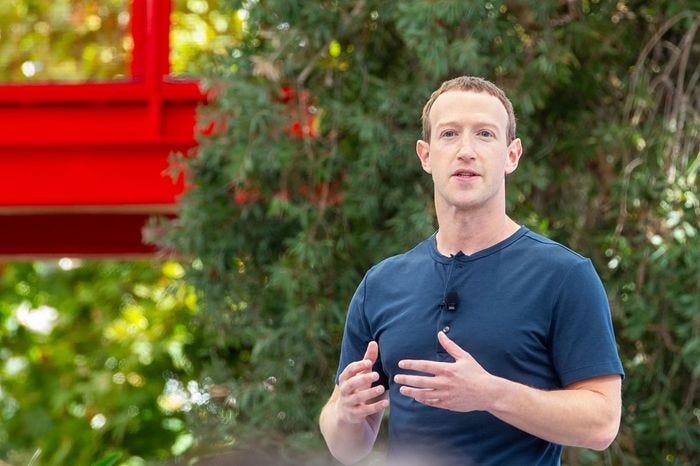AI: Regulators ease off Open Source LLM AI software. RTZ #434
...a timely evening out between open and closed on government front
Regular readers here know I’ve been highlighting the long-term positive of open source LLM AI models in this AI Tech Wave, from the beginning of AI: Reset to Zero. And a few days ago, highlighted the benefits to the AI industry of the blurring lines between the open source AI software providers like Meta (especially with its latest Llama 3.1 large LLMs), and others vs the ‘closed’ LLM AI models from OpenAI, Anthropic and other LLM AI providers.
With the other big tech companies like Microsoft, Google, Apple and others increasingly straddling between open and closed models, especially with open source models on the SLM (Small Language Model side).
What was not clear was how the US government was going to come down on this issue. With the rising crescendo of concerns that open source LLM models are ‘less secure’ (not so, IMHO). Well, as of yesterday, the Biden administration is taking its thumb off the scale against open source LLM AI models. As Axios notes in “Biden admin embraces open source models”:
“The Biden administration is instructing the government not to restrict the widespread availability of large, open source AI models.”
“Why it matters: Government support for open source models is good news for companies looking to compete against those that have dominated the market.”
“Driving the news: The policy recommendation is part of a highly anticipated report released by the National Telecommunications and Information Administration today.”
“The Commerce Department agency also calls for actively monitoring powerful AI model risks and restricting model availability "if warranted."
“Between the lines: NTIA specifically embraces "open weight" models that publicly share the critical numbers, or "weights," that result from their training.”
“Winners: Startups and bigger players like Meta and IBM say open source models are key for driving innovation, competition and transparency.”
"We believe in an open innovation ecosystem and see the immense value of community-built technology as the best way to grow AI responsibly and mitigate potential misuse," IBM's Darío Gil said in a statement, calling for faster government investment in adopting open source AI.”
“Losers: Google and Microsoft-backed OpenAI have argued that proprietary models offer better security.”
“Google has released a pair of open sourced AI models, but its biggest and direct competitor to ChatGPT, Gemini, is closed source.”
“Friction point: One concern with open source models is the ability of bad actors, like hackers or foreign adversaries, to get their hands on powerful code.”
This debate has been going on for a long time over the last two years especially in the AI world.
In the coming months, expect the momentum of innovation from open source side to accelerate, both in terms of large and small models, along with the AI software frameworks and infrastructure that make it easier to use both types of models, large and small, together. We will see this come together in a plethora of AI applications and services populating the AI holy grail Box 6 of the AI Tech Stack below.
In time, looking back, observers will likely wonder why there was a fuss between open and closed AI in the first place.
Looking back especially over previous tech waves over the last few decades, open AND closed source software has yielded the bounty of software and hardware technologies that make our modern world possible.
It’s likely going to be no different with AI software and services to come. Stay tuned.
(NOTE: The discussions here are for information purposes only, and not meant as investment advice at any time. Thanks for joining us here)





